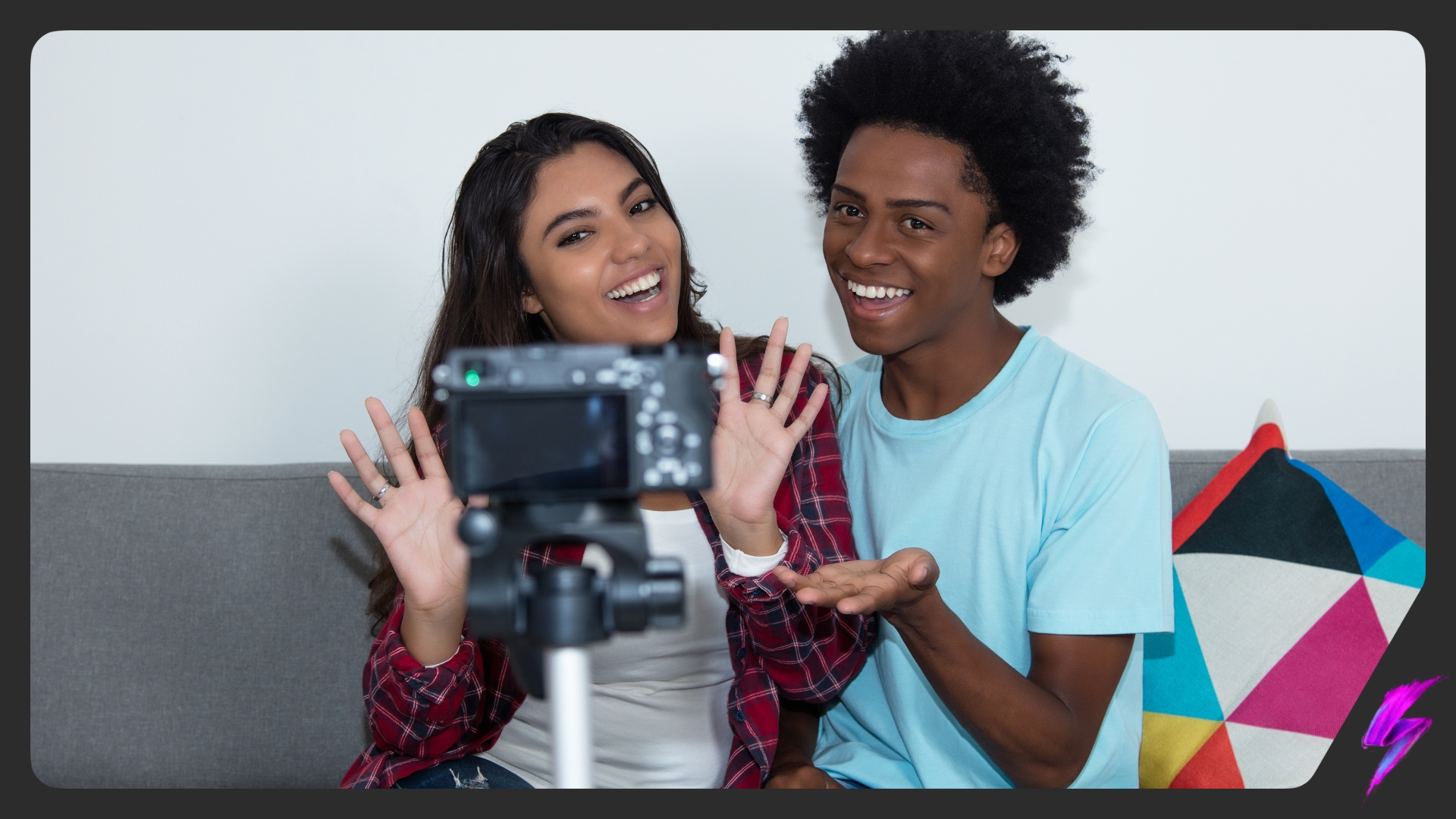Why Facebook’s deepfake ban isn’t winning
Jan 31, 2020
Social Media Platforms
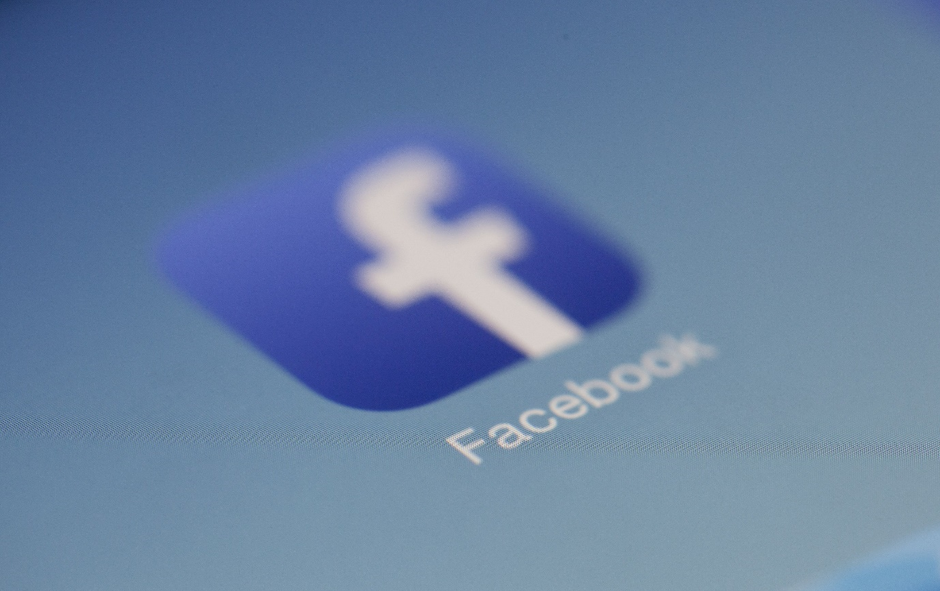
As Facebook prepares for the 2020 US election, the social network has announced a new policy banning AI-manipulated deepfake videos that are likely to mislead viewers into thinking someone said words that they did not actually say.
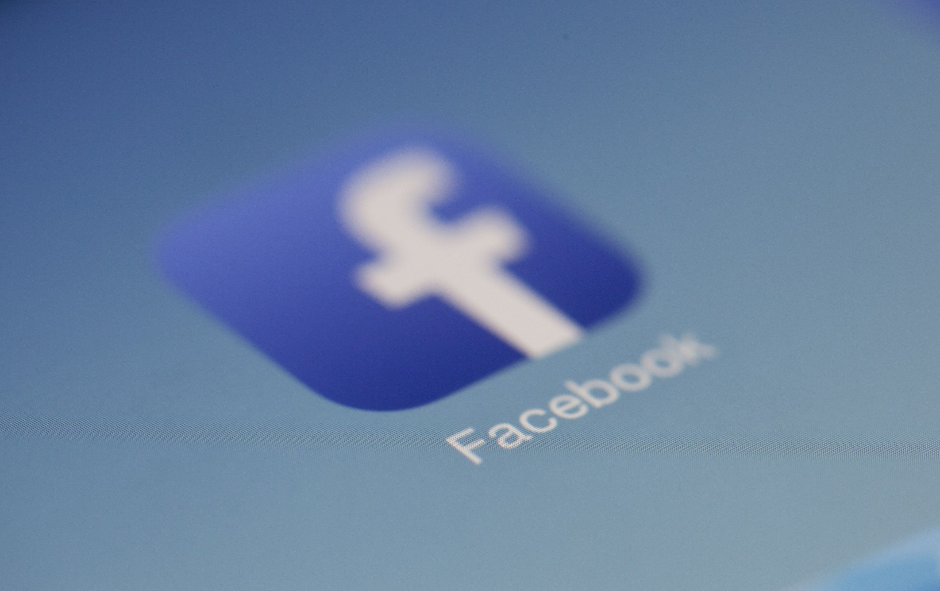
As deepfakes are created by merging or replacing content onto a video in a way that makes it look real, politicians and celebrities would be the targets.
Marked as a significant challenge for the tech industry, Facebook would remove videos that are edited in ways that aren’t obvious to an average person. The information was announced on a blog post by Facebook’s vice president of global management, Monika Bickert. Parodies or satire videos would not be subject to change.
However, as the policy explicitly covers only misinformation produced using AI, shallow fakes videos would still be running on the platform. Frequently as misleading as deepfakes, shallow fakes are videos made using conventional editing tools such as trimming a video or distorting the audio. Until now, there have been no major examples of content that would break such rules.
Some of the most damaging examples of manipulated media in recent years were also made using simple video-editing tools. During the UK election, for example, the Conservative party was accused of editing a video to make it appear as though the Labour MP Keir Starmer had no answer to a question about Brexit.
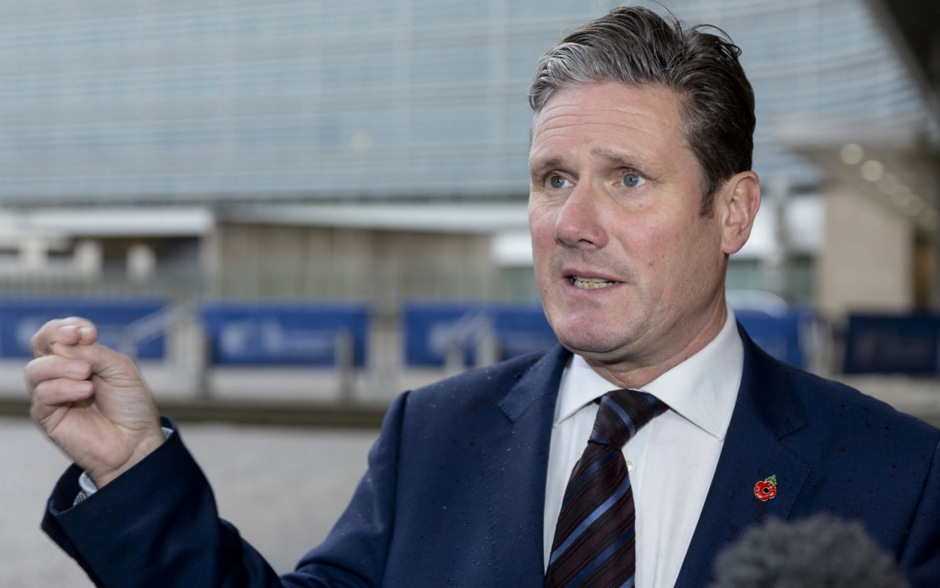
Labour MP Keir Starmer
In the US, a similar altered video of the House speaker, Nancy Pelosi, was also allowed on Facebook. Both videos were confirmed to satisfy Facebook’s policies on misinformation at that time and were made only by trimming raw footage or pitch-shifting the audio. Even though the videos contain clear statements they are fake, they wouldn’t probably be covered by Facebook’s new policy because the assets weren’t edited to make Starmer or Pelosi say new words. If Facebook’s fact-checkers reported them as false or misleading, the company could still add links to news articles to discredit them, but it would likely leave them up. Pelosi accused Facebook of doing the bare minimum when it comes to fighting disinformation online.
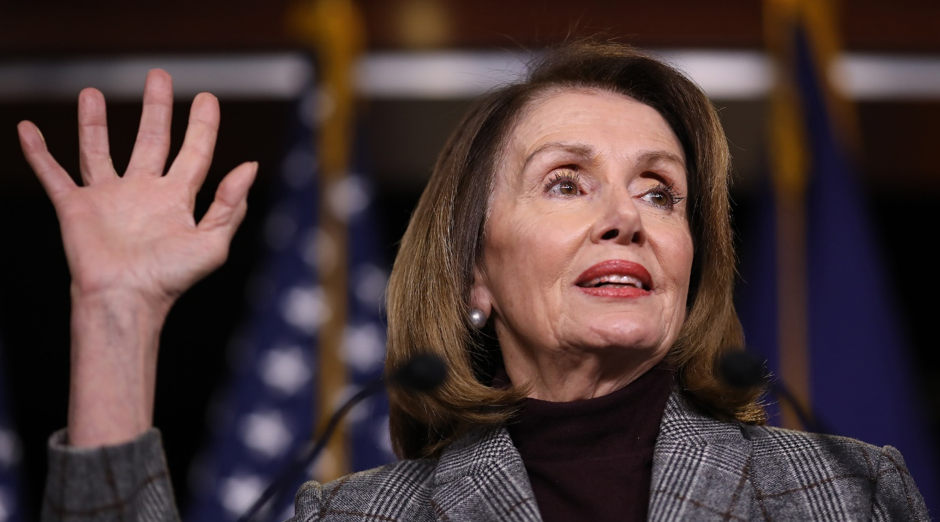
The House Speaker, Nancy Pelosi
Other platforms were also caught in the crossfire following Pelosi’s video. In November, Twitter began crafting its own deepfakes policy and requested feedback from users concerning the platform’s future rules. The company has yet to issue any guidance on manipulated media.
One thing’s for sure: lawmakers are paying attention. Monika Bickert has recently taken questions from lawmakers on a hearing on deepfakes hold by the House Energy and Commerce Committee.
Our Influencer marketing agency and Social agency are located worldwide, with our agency network based in the USA, UK, UAE and China.
If you want to receive our industry insights, visit our Influencer Marketing & Social Media blogs here.
[cta]
Popular Blogs
Most Popular Instagram Hashtags | Tiktok Hashtags | Instagram Monetization | Facebook Banner Size | Snapchat Influencers | Most Subscribed Youtubers | Best Time to Post on Youtube | UK Twitch Streamers | Female Twitch Streamers | Popular Tiktok Songs | Male Tiktok Influencers | Lgbtq Tiktok Influencers | The Rise and Fall of Clubhouse | Influencer Marketing on Clubhouse | LiketoKnowit | Pretty Little Thing Instagram| Social Marketing Agency
Social And Influencer Marketing News + Insights
Get in touch
We'll show you how to start powerful conversation, drive social engagement, build your brand, hit sales targets or meet other goals you have, wherever you are in the world.
Work with us




